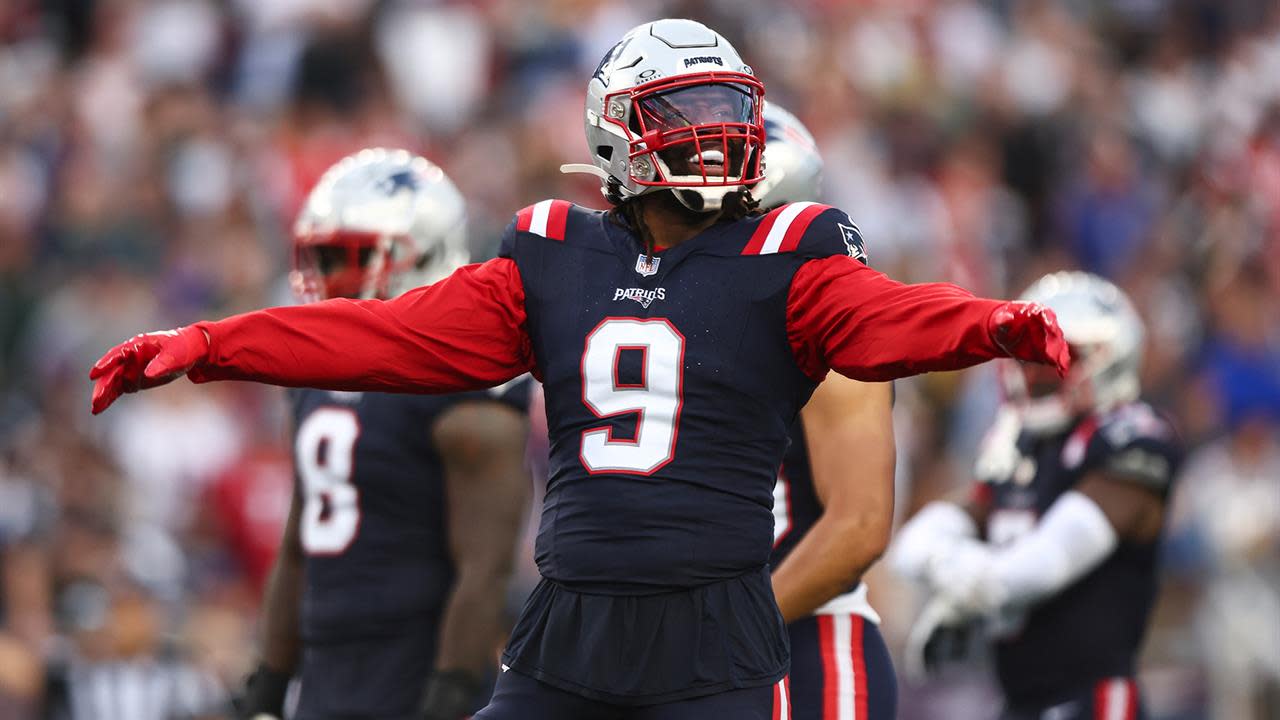In a twist in the NFL management carousel, Trey Brown, a well-regarded executive with the Cincinnati Bengals, has decided to skip the New England Patriots’ general manager interview. This move comes amidst speculation that Eliot Wolf, the Patriots’ current director of scouting, is the primary candidate for the position, effectively turning the search into a mere formality.

Eliot Wolf Unnecessary Formality of a Foregone Conclusion
As the Patriots embark on their quest to fill the general manager role—officially yet to be named but functionally identical to that of a GM—the process seems overshadowed by an air of inevitability. Eliot Wolf, having stepped in on an interim basis following Jerod Mayo’s appointment as head coach, has become the clear favorite to secure the position permanently.
This backdrop sets a peculiar stage for the recruitment process, mandated by NFL rules to be inclusive and thorough. This includes adhering to the Rooney Rule, which requires teams to interview at least two minority candidates from outside their organization. According to NFL insiders, anyone not named Eliot Wolf entering this race does so with scant hope of success.
A lot of people believe this will go to Eliot Wolf, so it’s not a surprise to see someone like Trey Brown turn it down https://t.co/lk8Nwte1ss
— Mark Daniels (@ByMarkDaniels) May 7, 2024
Why Trey Brown Opted Out
For Trey Brown, the decision to decline the Patriots’ invitation isn’t just a matter of avoiding a futile exercise. As a senior personnel executive widely recognized for his acumen, Brown’s prospects as a future general manager are bright, independent of this particular opportunity.
Interviewing for the job, even if someone else is destined to get it, is good for exposure, noted NFL analyst Tom Pelissero. However, for Brown, such exposure offers little allure. His credentials already position him well ahead in the queue for future GM roles.
Opting out of the interview also underscores a broader strategy possibly at play for Brown: prioritizing substantial opportunities over perfunctory gestures. His refusal to engage with the Patriots could be seen not just as a personal decision, but a professional stance on the meaningful allocation of his time and the kinds of discussions he believes are worth entering.

Implications for Future NFL Executive Searches
This incident may ripple through the NFL’s executive search norms. As teams navigate the intricate dance of fulfilling league mandates while also aiming to appoint their preferred candidates, the challenge remains in balancing genuine search efforts with predetermined outcomes.
For other executives watching Brown’s choices, this could set a precedent about when and how to engage with potential opportunities. As the saga continues to unfold, the NFL community will be keenly observing not just who eventually fills the GM role for the Patriots, but how these dynamics influence executive movements across the league in the seasons to come.
With the 2025 season approaching, teams in need of new leadership are closely monitoring these developments, aware that the strategies employed here could very well inform their future executive searches.










